How Tesla made it to the top
Tesla has transformed the auto industry and made Elon Musk the richest man on the planet
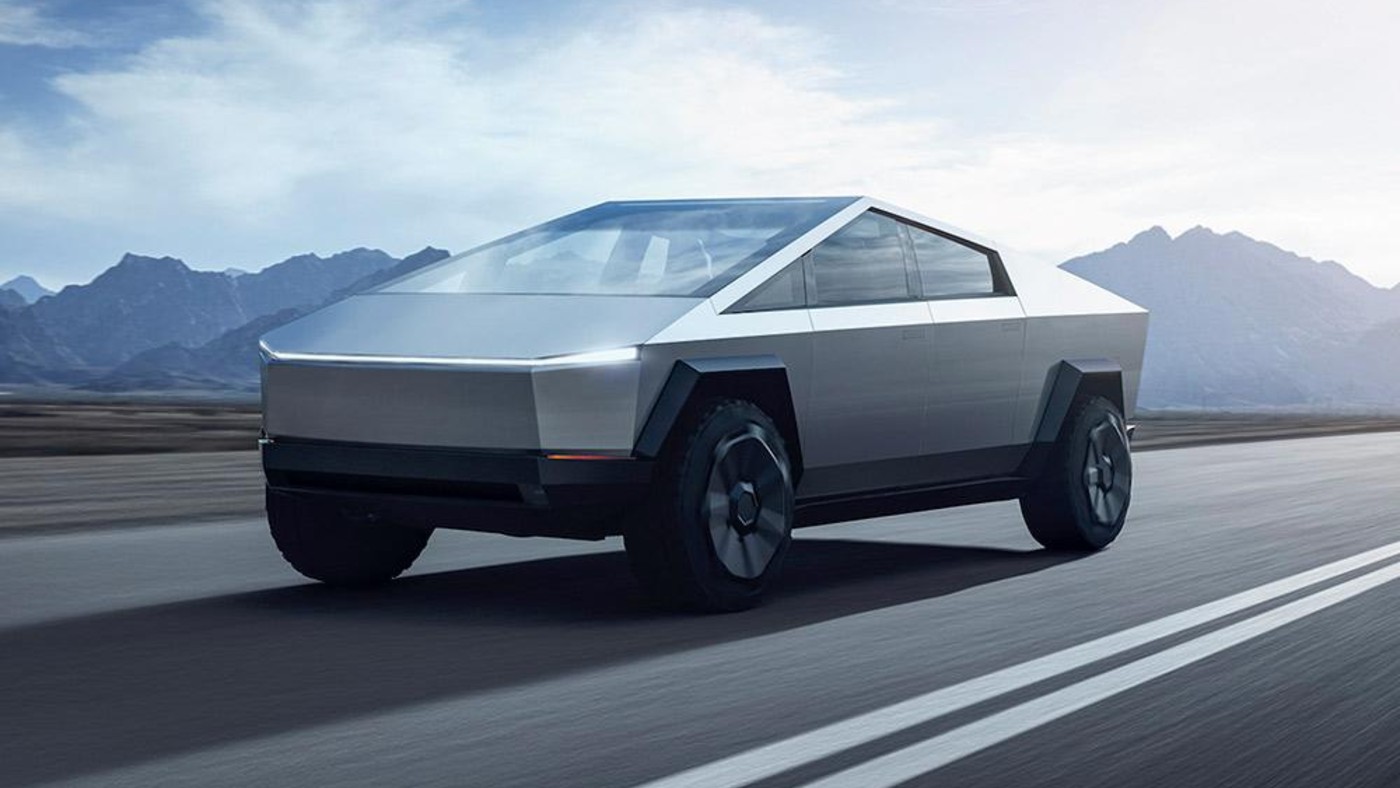
A free daily email with the biggest news stories of the day – and the best features from TheWeek.com
You are now subscribed
Your newsletter sign-up was successful
What are the company’s origins?
Tesla may now be indelibly linked to Elon Musk, but it was in fact founded by two other Silicon Valley entrepreneurs: Martin Eberhard and Marc Tarpenning. Having founded an early e-book venture, NuvoMedia, and sold it for $187m in 2000, they embarked on a new project: they believed that a prototype electric sports car called the AC Propulsion tzero could serve as the model for a high-performance electric car.
In July 2003, they founded Tesla Motors, named after the inventor Nikola Tesla, a pioneer of alternating current (AC) and the kind of motor used in the tzero. However, most venture capitalists passed on this unusual project; so Musk, another enthusiast for the tzero, became Tesla’s main investor (to the tune of $6.3m) and its chairman.
The Week
Escape your echo chamber. Get the facts behind the news, plus analysis from multiple perspectives.

Sign up for The Week's Free Newsletters
From our morning news briefing to a weekly Good News Newsletter, get the best of The Week delivered directly to your inbox.
From our morning news briefing to a weekly Good News Newsletter, get the best of The Week delivered directly to your inbox.
What made their idea different?
Unlike previous electric cars, such as General Motors’ much-maligned EV1 model, Tesla was the first to use lithium-ion batteries of the sort found in laptop computers: its engineers developed their own innovative battery packs. These would give its first model, the Roadster, an unprecedented range and power: it would do 0-60mph in 3.9 seconds and cover 245 miles on a single charge. Tesla’s founding vision was unique: it wanted to build sleek, stylish cars with zero engine emissions that wouldn’t just appeal to nerds and the ecologically minded. The plan was to use the tzero’s electric drivetrain with the chassis of a British sports car, the Lotus Elise. It was very much a Silicon Valley vehicle, too, with state-of-the-art electronics, a video display and carbon-fibre interior: it has been called the iPhone 1 of cars.
When did Tesla start making cars?
In 2006, the Roadster was unveiled to great fanfare at an event in Santa Monica, California. Guests included the then-California Governor Arnold Schwarzenegger; 100 cars were sold to customers dubbed the “Signature One Hundred Members”, including George Clooney. The car went down a storm. “This is not your father’s electric car,” said The Washington Post. “The $100,000 vehicle, with its sports car looks, is more Ferrari than Prius – and more about testosterone than granola.” But as so often with Tesla, the problem was making enough vehicles to meet demand. Production was beset by delays, unforeseen problems and spiralling costs, and no cars were made until March 2008. By September that year, only 30 cars had actually been delivered to customers, and by Christmas Tesla was on the verge of bankruptcy.
A free daily email with the biggest news stories of the day – and the best features from TheWeek.com
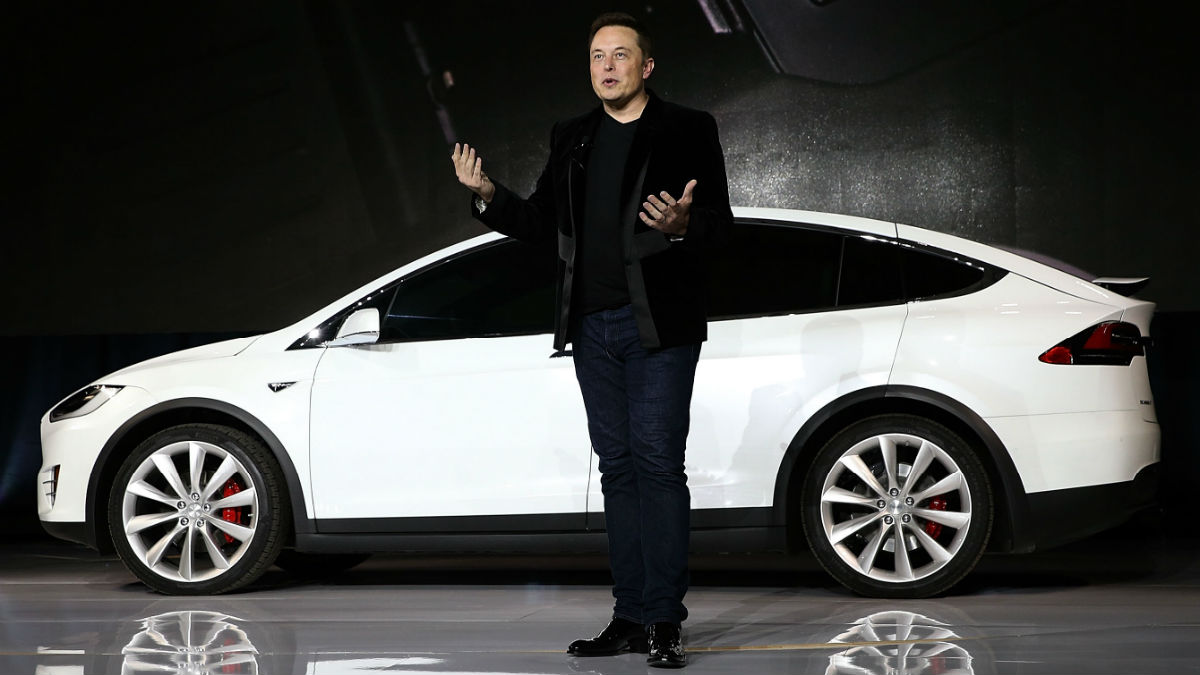
How did it pull through?
Musk had always been a major influence on the design of Tesla’s cars, and was infuriated that coverage of the 2006 launch minimised his role. As its problems mounted, a power struggle saw Eberhard sacked as chief executive; Musk replaced him in 2008, and fired a quarter of Tesla’s employees. In 2009, its pioneering electric designs were recognised by the US government, which gave it a $465m clean energy loan, and Daimler AG, the Mercedes-Benz owner, which took a 10% stake. Production increased to about 100 per month by mid-2009.
Did everything then go smoothly?
Far from it, because Tesla’s plan was so ambitious. Producing a high-end sports car was only the first step. The next was to produce a luxury sedan competing with the likes of Mercedes and BMW: the Model S, which was introduced in 2012, costing some $58,000 (later came an SUV version, the Model X). Third, there would be a car aimed squarely at the mass market: the Model 3, which started rolling off the production line in 2017, priced at $35,000. The barriers to mass-producing on this scale are huge. Musk bought a vast former GM and Toyota plant in Fremont, California, in 2010. The same year, Tesla became the first US car company since Ford in 1956 to launch on the stock market. Even so, getting the Model 3 to market resulted in various near-death experiences: in 2013, Musk very nearly sold Tesla to Google.
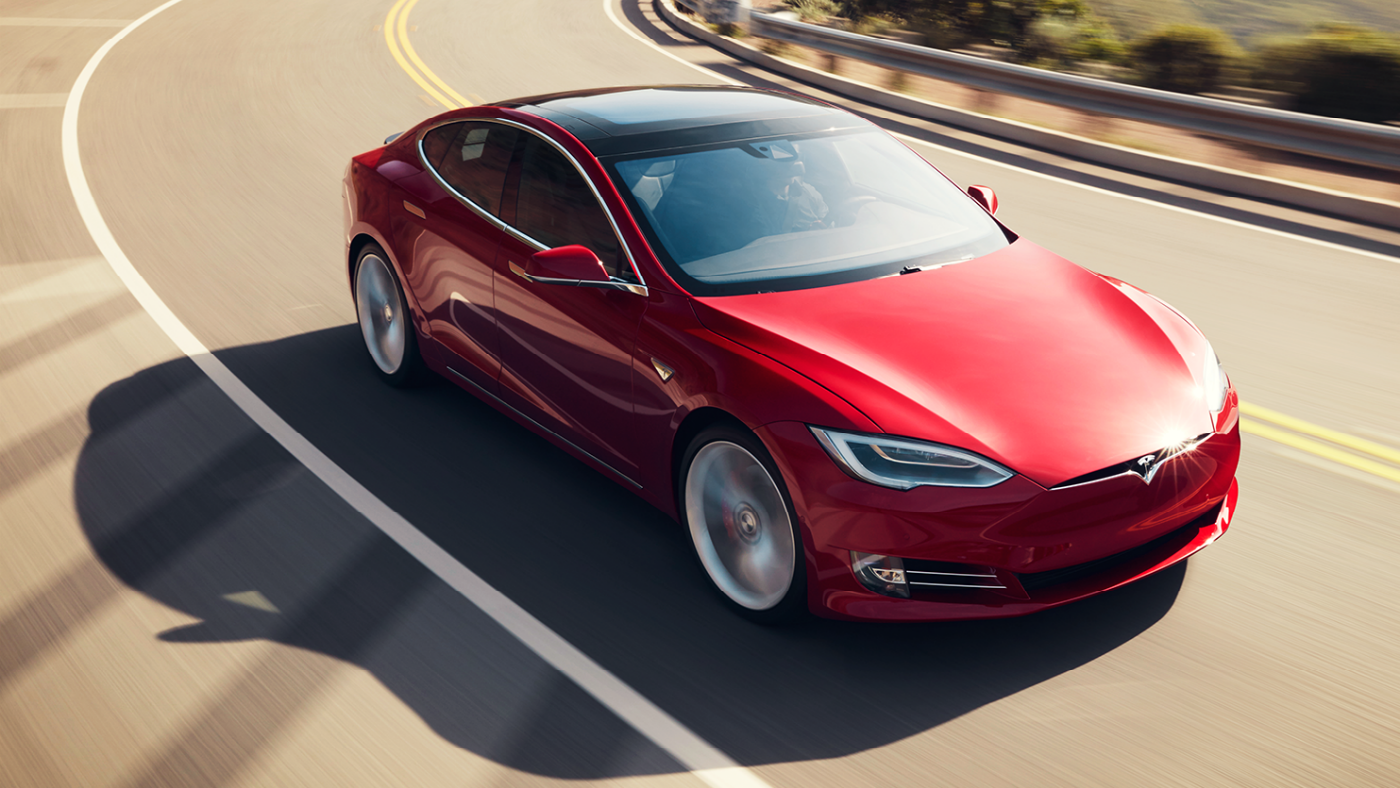
Why has Tesla been so successful?
Not only did it show that electric cars were viable, it also made them desirable. Tesla has reinvented the designing, building and selling of cars. Where most of the industry buys components from many suppliers, Tesla has built up its own supply chain: it has custom-built its own electric engines, battery packs and self-driving tech, even its own glass. It also doesn’t advertise or use a dealer network (customers buy online). What’s more, Musk’s ambition isn’t just to sell cars: he wants to bring about a global transition to clean energy. In 2016, he opened a “Gigafactory” making battery packs with Japan’s Panasonic in Nevada. Tesla now not only has a car-charging network, but a solar power arm, SolarCity, too. Progress in recent years has been startling: Tesla increased production from 120,000 vehicles in 2017 to 350,000 in 2018, though it still made a £1bn loss. In 2020, it delivered 499,950 cars, overtook Toyota as the world’s most valuable car company, and made a $330m profit in the third quarter alone.
What does the future hold?
Tesla now has factories in the US and China, as well as huge new plants in the works in Germany and Texas. Next year, it plans to launch a new Roadster, which it says will boast a 0-60mph time of about two seconds – the same as a Formula 1 car. Its Cybertruck pick-up is due before that. Yet although Tesla’s value hit $500bn (£365bn) last year – more than Toyota, Volkswagen, Hyundai, GM and Ford combined – it still lags behind in terms of scale: Toyota produced more than eight million units worldwide. Many investors now view its share price as detached from reality. Demand for electric cars is escalating – global sales reached 3.2 million in 2020 – but now almost all major car companies are also producing electric models. Tesla may have pioneered electric vehicles, but it faces stiff competition in the years ahead.
-
 Political cartoons for February 15
Political cartoons for February 15Cartoons Sunday's political cartoons include political ventriloquism, Europe in the middle, and more
-
 The broken water companies failing England and Wales
The broken water companies failing England and WalesExplainer With rising bills, deteriorating river health and a lack of investment, regulators face an uphill battle to stabilise the industry
-
 A thrilling foodie city in northern Japan
A thrilling foodie city in northern JapanThe Week Recommends The food scene here is ‘unspoilt’ and ‘fun’
-
 Elon Musk’s starry mega-merger
Elon Musk’s starry mega-mergerTalking Point SpaceX founder is promising investors a rocket trip to the future – and a sprawling conglomerate to boot
-
 Will SpaceX, OpenAI and Anthropic make 2026 the year of mega tech listings?
Will SpaceX, OpenAI and Anthropic make 2026 the year of mega tech listings?In Depth SpaceX float may come as soon as this year, and would be the largest IPO in history
-
 Ryanair/SpaceX: could Musk really buy the airline?
Ryanair/SpaceX: could Musk really buy the airline?Talking Point Irish budget carrier has become embroiled in unlikely feud with the world’s wealthiest man
-
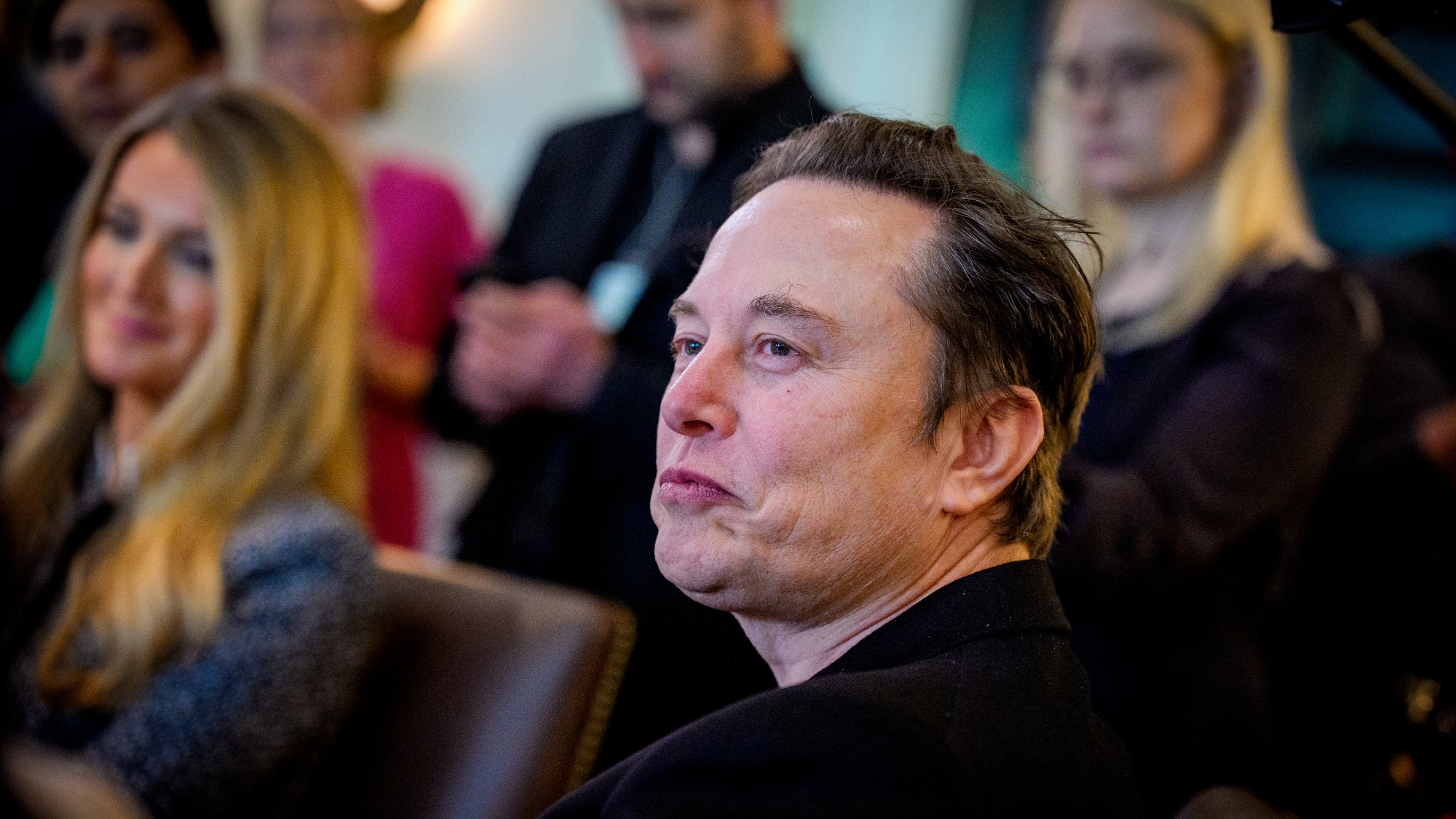 Musk wins $1 trillion Tesla pay package
Musk wins $1 trillion Tesla pay packageSpeed Read The package would expand his stake in the company to 25%
-
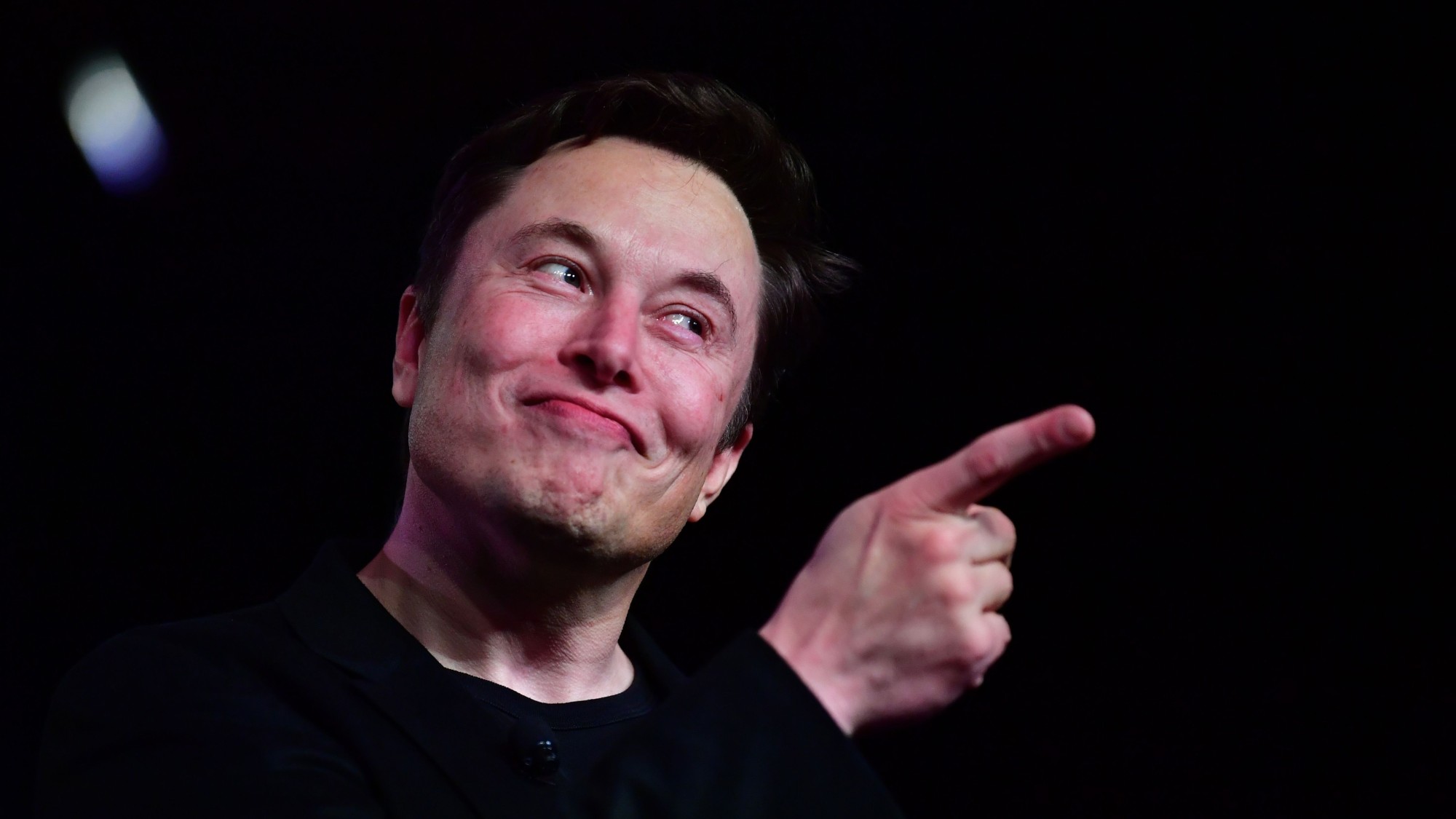 How Tesla can make Elon Musk the world’s first trillionaire
How Tesla can make Elon Musk the world’s first trillionaireIn The Spotlight The package agreed by the Tesla board outlines several key milestones over a 10-year period
-
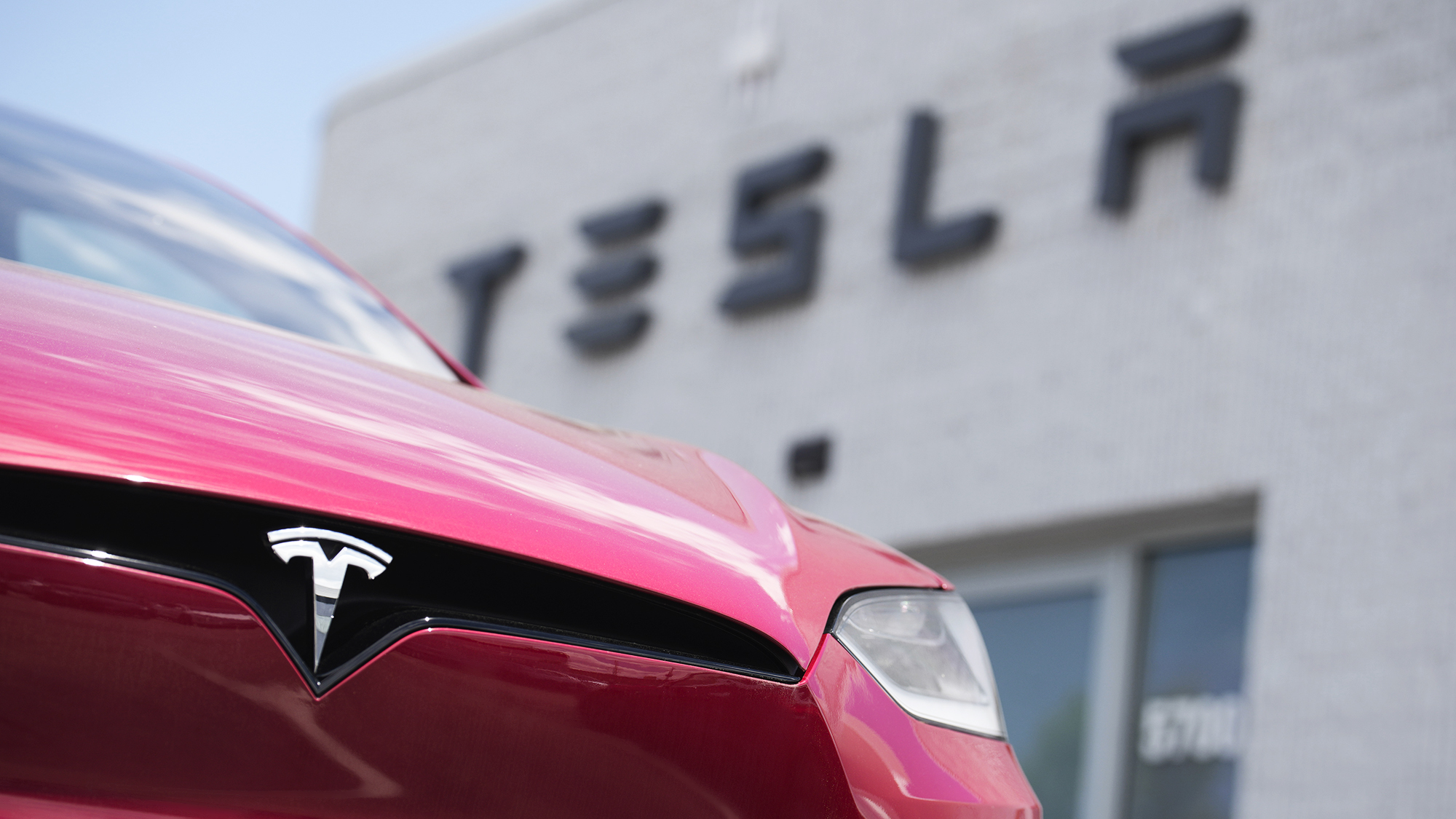 Samsung to make Tesla chips in $16.5B deal
Samsung to make Tesla chips in $16.5B dealSpeed Read Tesla has signed a deal to get its next-generation chips from Samsung
-
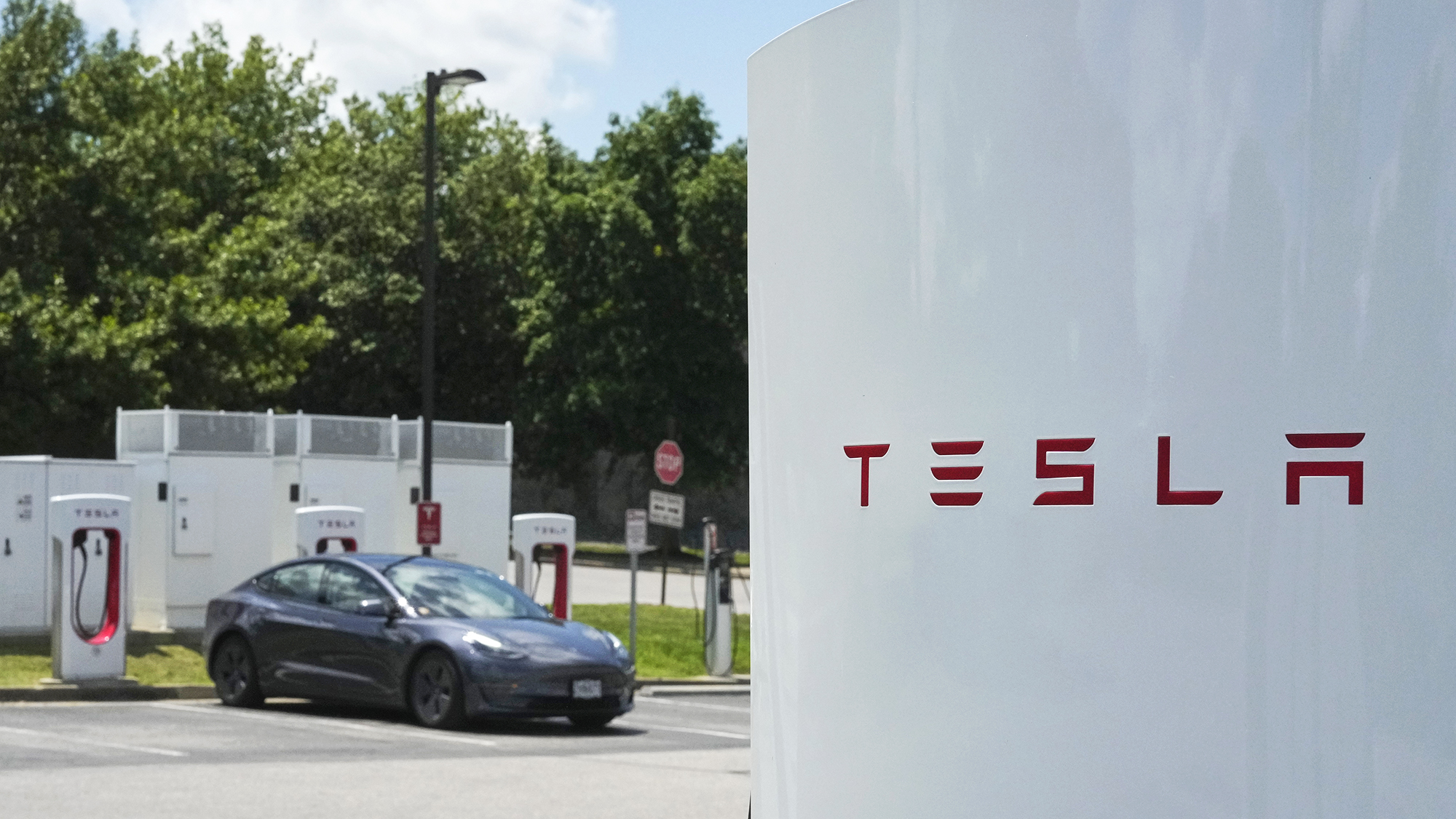 Tesla reports plummeting profits
Tesla reports plummeting profitsSpeed Read The company may soon face more problems with the expiration of federal electric vehicle tax credits
-
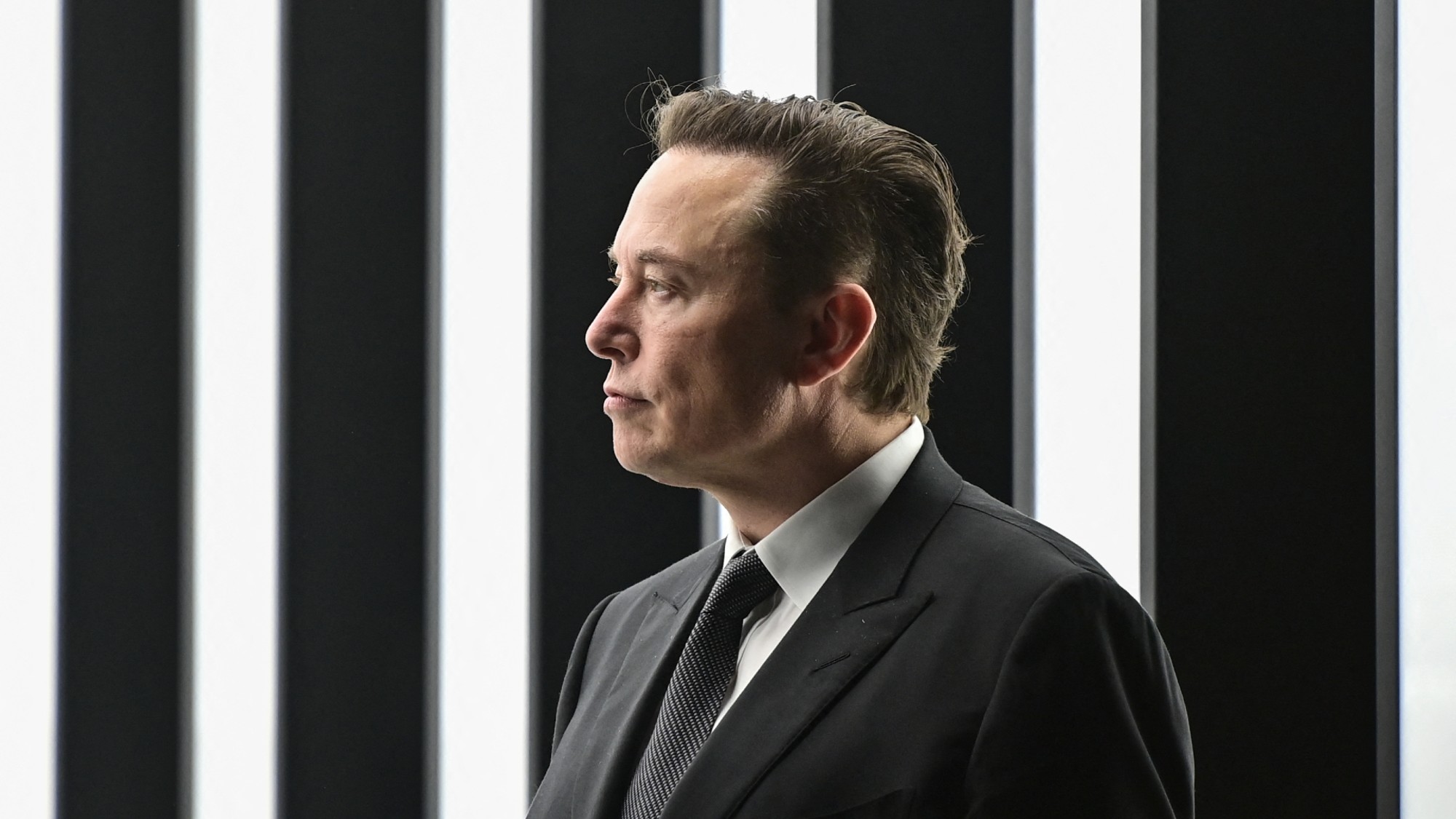 How could Tesla replace Elon Musk?
How could Tesla replace Elon Musk?Today's Big Question The company's CEO is its 'greatest asset and gravest risk'